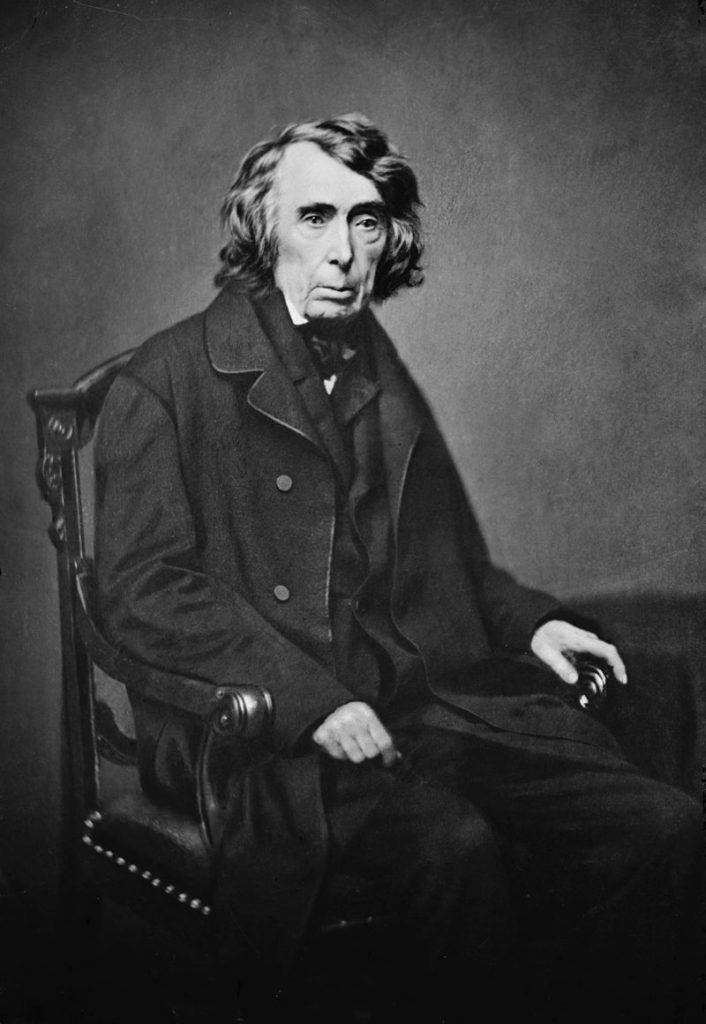You don’t have to be a lawyer or activist to know the story of Dred Scott. The court ruling now known as “The Dred Scott Decision” is infamous as one of the most influential Supreme Court decisions in history.
It all started back in 1795 when Dred Scott was born into slavery. Scott was sold and passed around between several different owners who moved him between various states and territories. Eventually, Scott ended up in a free territory. At that time, a man named John Sanford claimed ownership of Scott and his wife.

Dred Scott. Oil on canvas by Louis Schultze, 1888. Acc. # 1897.9.1. Missouri Historical Society Museum Collections. Photograph by David Schultz, 1999. NS 23864. Photograph and scan (c) 1999-2006, Missouri Historical Society.
Since Scott now lived in a state which prohibited slavery, he felt he should not longer be considered a slave, so he attempted to sue Sanford. The case– known as Dred Scott vs. Sanford– went all the way to the Supreme Court.
The Supreme Court chief justice– Roger B. Taney– ruled in favor of Sanford, saying that Congress should not be responsible to regulate slavery. Furthermore, Taney submitted that blacks could not be considered U.S. citizens.
Today, many argue that Taney’s decision– made March 6, 1857– spurred Abraham Lincoln to speak out against slavery, resulting in his election to the presidency. In fact, many say this decision led to the Civil War.
Fast-forward to 2017. Last week, on the 160th anniversary of Taney’s decision, Taney’s great-great-great nephew met with Lynne Jackson, the great-great granddaughter of Dred Scott, beside the statue of Taney in front of the Maryland State House. There, the descendants of Taney publicly offered an apology.
Lynne Jackson– who now leads the nonprofit The Dred Scott Heritage Foundation— was impressed with Taney’s family, saying:
The fact that they were willing to put themselves out there, I’m very proud of them for stepping out in a public arena and making that declaration of honest truth — not whitewashing it, not making excuses, not denying it. I knew it was a sincere apology so that made it very meaningful for me. It wasn’t like, ‘We should just say that and run.’
Taney’s family noted that a single apology doesn’t make up for the horror of slavery or heal centuries of racism in America, but it was a step they needed to take.
“Apologizing to the Scotts for the Dred Scott decision is like bringing a Band-Aid to an amputation. It’s right and necessary to apologize, but what’s important now is what actions we can all take.”
Jackson added that she had been hoping for an apology for years. Now that she’s gotten it, she’s ready to “come side-by-side and walk forward in a positive way that we know will open doors to help create change.”
Share this incredible story today.






